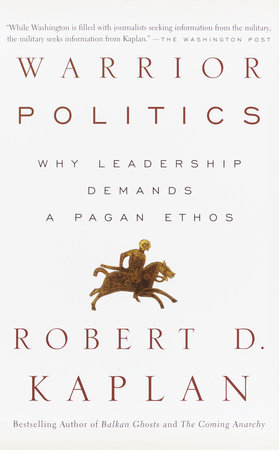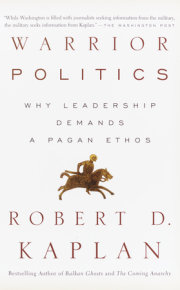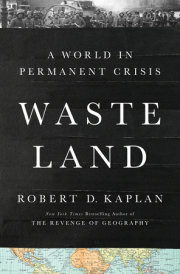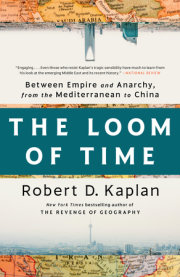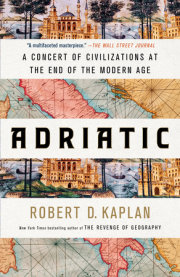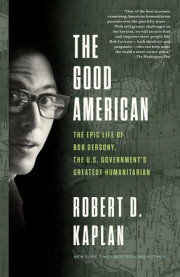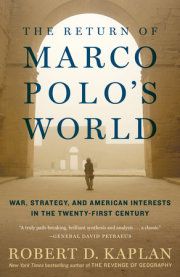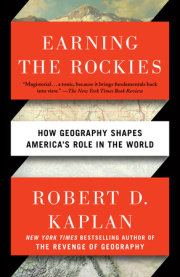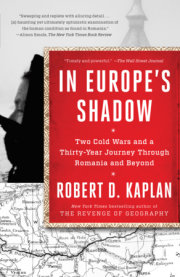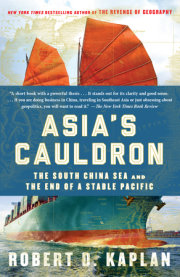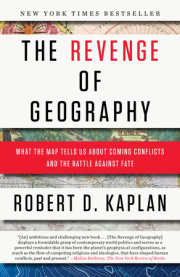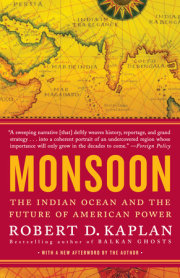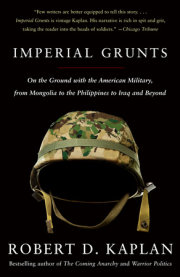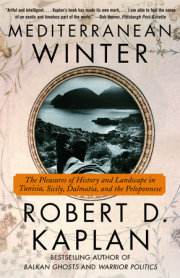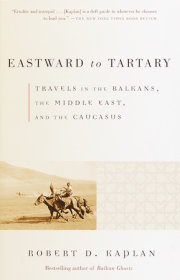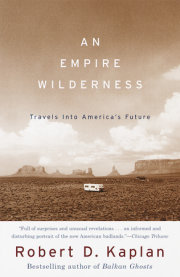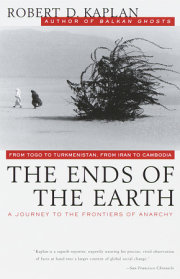Chapter I
There Is No "Modern" WorldThe evils of the twentieth century arose from populist movements that were monstrously exploited in the name of utopian ideals, and had their power amplified by new technologies. The Nazi party began as a crusade for workers' rights organized by a Munich locksmith, Anton Drexler, in 1919, before Hitler took it over the following year. The Bolsheviks also emerged amid emancipating political upheaval and, like the Nazis, exploited the dream of social renewal. Once the Nazis and Bolsheviks were in power, the inventions of the Industrial Age became crucial to their crimes. As for Mao Zedong, his push for labor-intensive industrialization, through the establishment of utopian communes, led to the deaths of at least 20 million Chinese during the Great Leap Forward from 1958 to 1962.
The twentieth century may be a poor guide to the twenty-first, but only fools would discount it, particularly because populist movements now permeate the world, provoking disorder and demanding political and economic transformation. Asia is a specific cause for concern. India, Pakistan, China, and other emerging powers pulse with new technologies, nationalistic zeal, and disintegrative forces within. Recall the words of Alexander Hamilton:
To look for a continuation of harmony between a number of independent, unconnected sovereignties situated in the same neighborhood would be to disregard the uniform course of human events, and to set at defiance the accumulated experience of ages.Thus, the evils of the twenty-first century may also arise from populist movements, taking advantage of democratization, motivated this time by religious and sectarian beliefs, and empowered by a post-Industrial Revolution: particularly information technology. Hindu extremists who burned down mosques in India in the early 1990s and attacked Christians in the late 1990s belong to a working-class movement within India's democracy that uses videocassettes and the Internet to spread its message. Similar phenomena have occurred in Indonesia, Iran, Nigeria, Algeria, Mexico, Fiji, Egypt, Pakistan, the West Bank, and Arab Nazareth, to name but a few places where religious and ethnic groups, predominantly working-class and inspired by democratization, use modern communications technology to stir unrest.
Populist rage is fueled by social and economic tensions, aggravated often by population growth and resource scarcity in an increasingly urbanized planet. In the coming decades, 2 or 3 billion more people will live in the vast, impoverished cities of the developing world.
Global capitalism will contribute to this peril, smashing traditions and dynamically spawning new ones. The benefits of cap-italism are not distributed equitably, so the more dynamic the capitalist expansion, the more unequal the distribution of wealth that usually results. Thus, two dynamic classes will emerge under globalization-the entrepreneurial nouveaux riches and, more ominously, the new subproletariat: the billions of working poor, recently arrived from the countryside, inhabiting the expanding squatters' settlements that surround big cities in Africa, Eurasia, and South America.
Copyright © 2001 by Robert D. Kaplan. All rights reserved. No part of this excerpt may be reproduced or reprinted without permission in writing from the publisher.

